What are you listening to and WHY might anyone be interested? (Vol. XI)
Posted by: Richard Dane on 31 December 2014
On the cusp of 2015, we start a new thread...
Anyway, links:
Volume X: https://forums.naimaudio.com/to...-be-interested-vol-x
Volume IX: https://forums.naimaudio.com/to...16#22826037054683416
Volume VIII: https://forums.naimaudio.com/di...nt/12970396056050819
Volume VII: https://forums.naimaudio.com/di...6878604287751/page/1
Volume VI: https://forums.naimaudio.com/di...ent/1566878604097229
Volume V: https://forums.naimaudio.com/di...ent/1566878605140495
Volume IV: https://forums.naimaudio.com/di...ent/1566878605795042
Volume III: https://forums.naimaudio.com/di...ent/1566878607309474
Volume II: https://forums.naimaudio.com/di...ent/1566878606245043
Volume I: https://forums.naimaudio.com/di...ent/1566878607464290
Couldn't help had to also listen in to this one. The typical old artifacts are gone, the piano sound is sometimes good sometimes a bit thin, sometimes a bit harsh...so mixed bag...

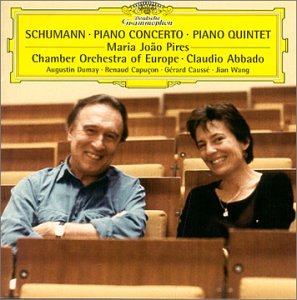
One of Pires' best recordings: a considered, lyrical performance of Schumann's piano concerto, followed by a white hot piano quintet.
EJ
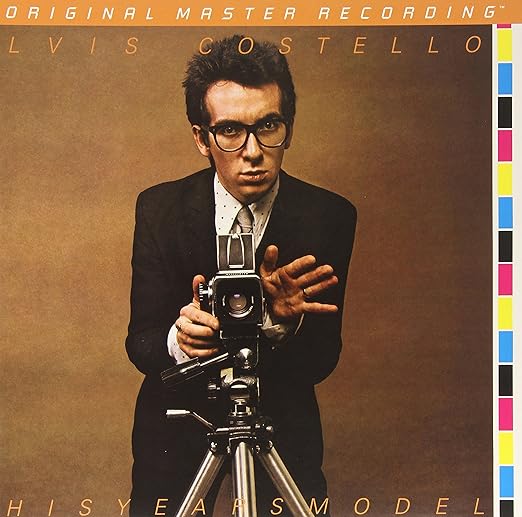
MFSL reissue on vinyl. No. 00157.
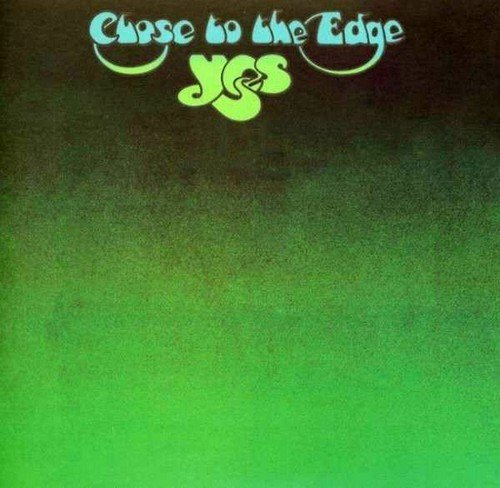
CD
Felix Mendelssohn: Van Baerle Trio (Hannes Minnaar (piano), Maria Milstein (violin), Gideon den Herder (violoncello)
Piano Trio No. 1 in D minor, Op. 49 (early and late versions)
Piano Trio No. 2 in C minor, Op. 66
When I listen to any piano trio I always get especially excited as I spent many years of my life working away at these pieces. I was going to make a totally unverified claim here that Mendelssohn must hold the record for most notes per piece (for the pianist) but now that I think about it I suppose most of the great composers (Beethoven, Brahms, Schumann, Rachmaninov etc) excelled at using many notes but the degree of difficulty wasn't always the number of notes to contend with.
Beethoven seemed to know what he wanted and somehow, whether it was possible on a piano or not, it didn't matter, he would force you to find a way to comply. Brahms is a handful too. Usual very thick and full of complicated polyrhythms and huge chords. I find Beethoven and Brahms very hard physically to play (and you can include in here Bach and possibly Rachmaninov for other reasons). Sort of like playing the music of giants.
Haydn, Mendelssohn, Debussy, Shostakovich, Prokofiev and the like I never found it hard physically in the same way but it is hard in other ways.
Mendelssohn for instance is characterized by light playing but at idiotically and dementedly fast playing. The opening allegros and the third movement scherzos and the Finale Allegros are quite simply are speedy gonzales on steroids. So you don't really have to go deep into the keys like with the composers whose last names start with B. With Mendelssohn you almost just gloss over the notes because you really don't have time for anything else and you better get to know some good page turners as you really do need them.
Very exhilarating to play though as all your senses have to go in to overdrive to keep up with such a frenzy of activity. By the end you feel relieved that you somehow made it even if you are out of breath.
The beauty of Mendelssohn though is that no one can quite build a climax like he can. It never ceases to amaze me how personal the music of the great composers are. It is the naked truth and the notes these guys put down on paper reaches the depths of their soul and personality through and through and of course if we finds the keys we can go meet with them on a very personal level.

Ludwig van Beethoven: Dina Ugorskaja (Klavier)
Piano Sonata in E minor, No. 27, Op. 90
Piano Sonata in A major, No. 28, Op. 101
Piano Sonata in E major, No. 30, Op. 109
Piano Sonata in A-flat major, No. 31, Op. 110

Ludwig van Beethoven: Isabelle van Keulen (violin), Hannes Minnaar (piano)
Sonatas for Piano and Violin:
Sonata No. 1 in D major Op. 12/1
Sonata No. 2 in A major Op. 12/2
Sonata No. 3 in E-flat major Op. 12/3
Sonata No. 4 in A minor Op. 23
Sonata No. 5 in F major Op. 24
Sonata No. 6 in A major Op. 30/1
Sonata No. 7 in C minor Op. 30/2
Sonata No. 8 in G major Op. 30/3
Sonata No. 9 in A minor Op. 47
Sonata No. 10 in G major Op. 96
More standard stock chamber music that provides fuel for me to live yet one more day. How lucky could I be to be acquainted with this music?

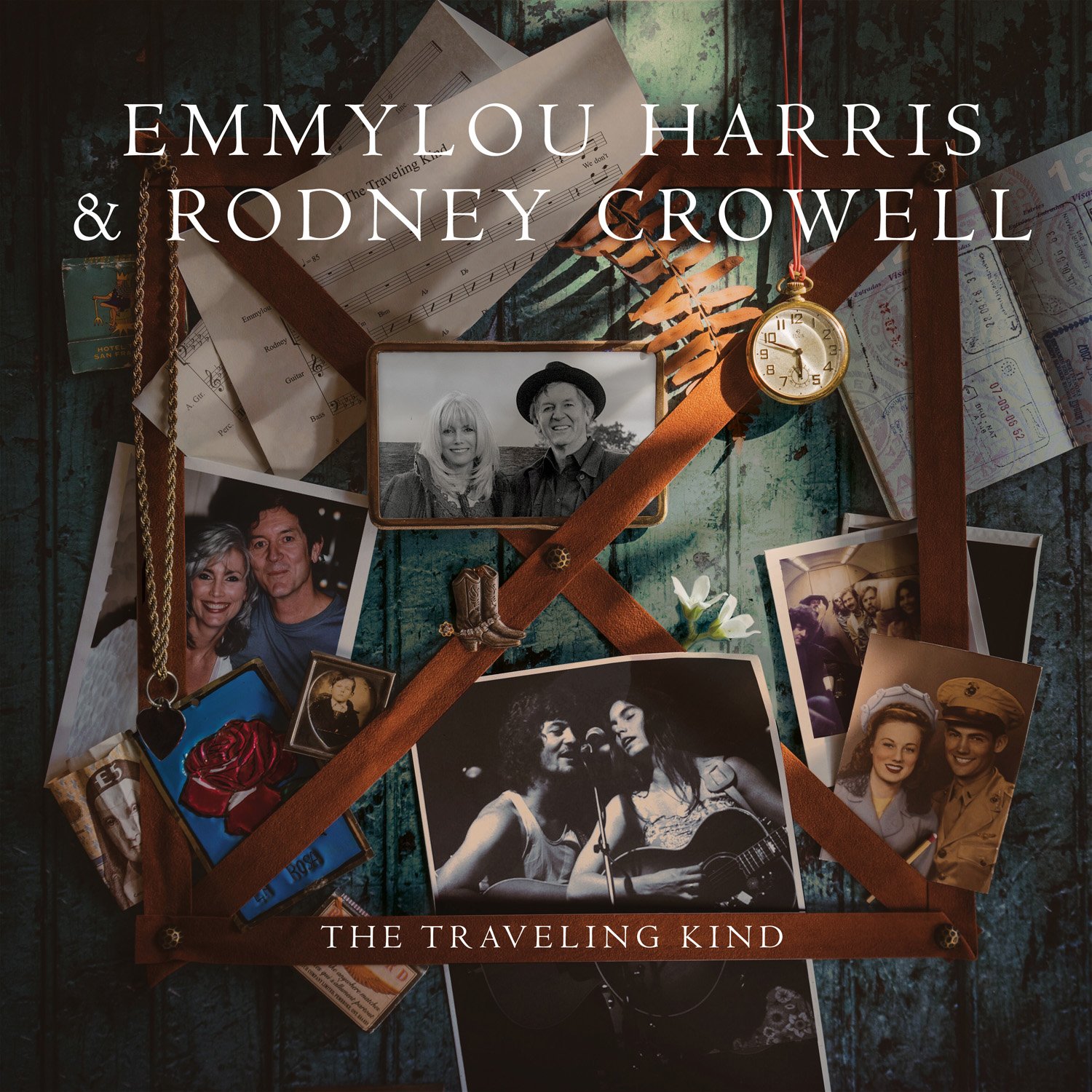
This is out next week and it's a really good collabraration album which includes a version of Lucinda Williams song I Just Wanted to See You so Bad.

Still down for coming out in the UK in June but out today in the US. Maybe this will change.

The Tallest Man on Earth

Watched the 1949 film The Barkleys of Broadway with my loved one on Saturday evening and couldn't fail to be enthralled by Oscar Levant's portrayal of the Tchaikovsky, so had to buy this download for another fix. He also plays the Gershwin piano concerto in An American In Paris. Both equally mesmarizing on screen.

Cluytens' Ravel in mono pressings.

I couldn't decide what to start the day with and so I have passed the choice(s) over to Radio Paradise for a while.
On vinyl:-
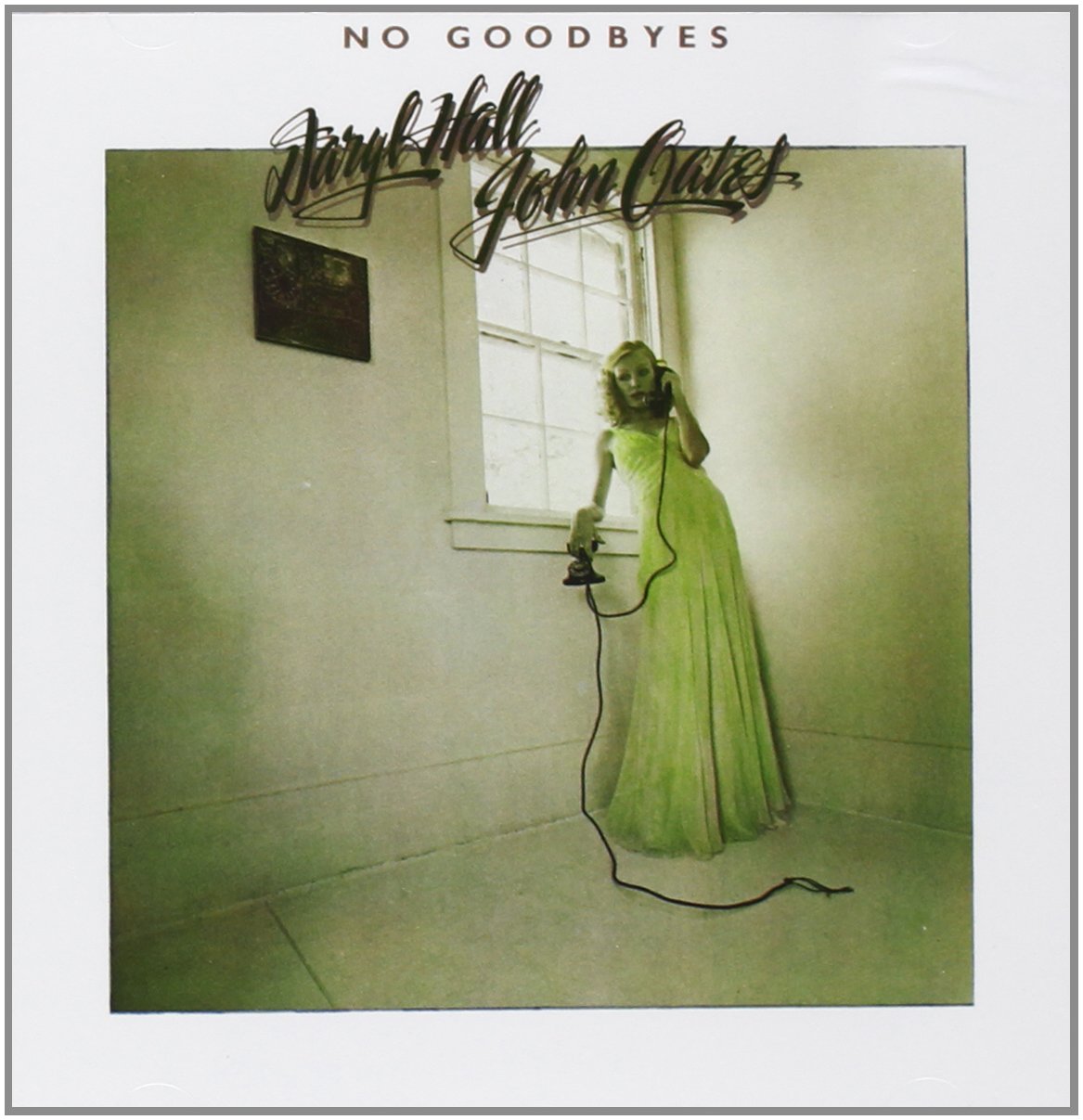
Having found the film very entertaining, I was also rather taken with the soundtrack - super 70's pop :-
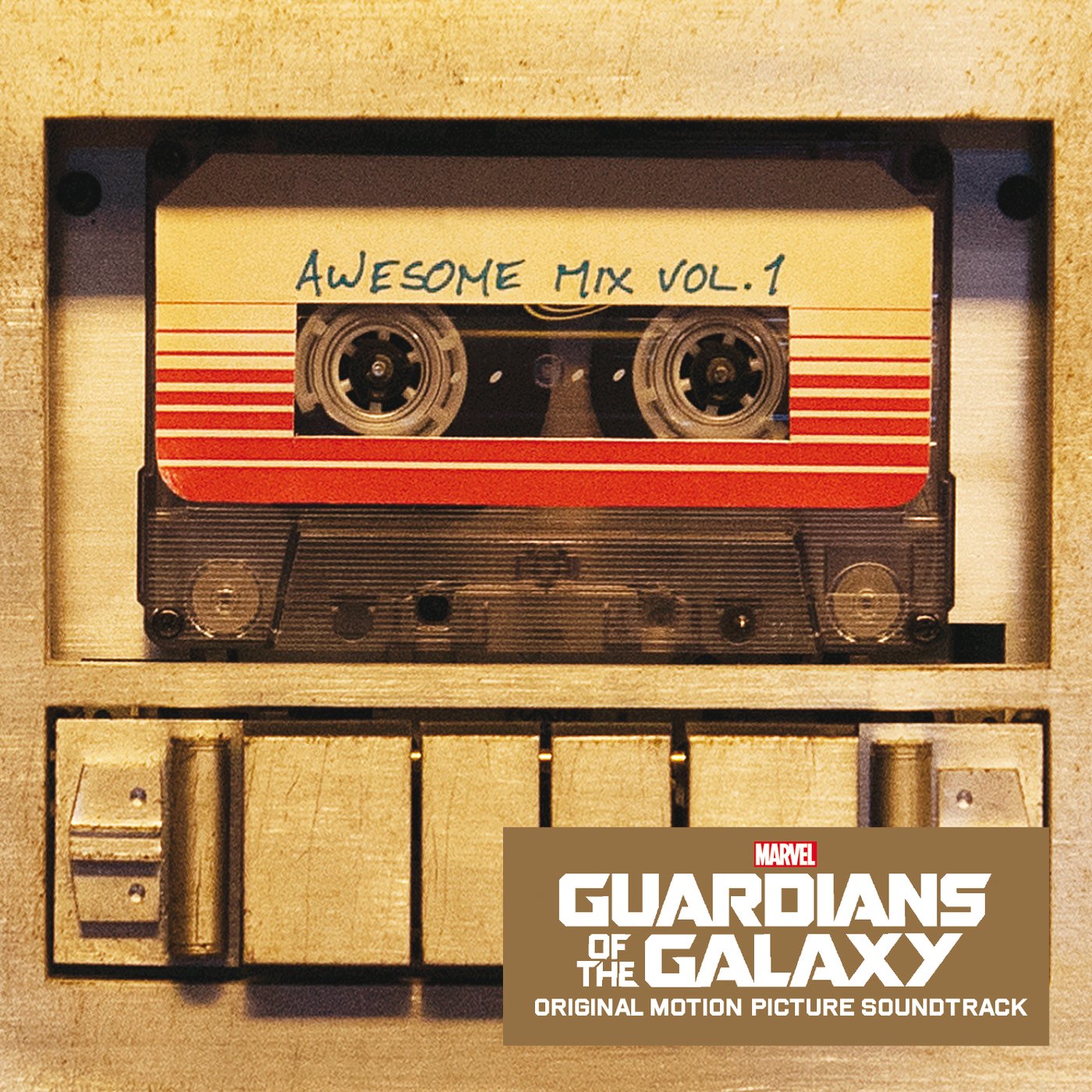
Felix Mendelssohn: Van Baerle Trio (Hannes Minnaar (piano), Maria Milstein (violin), Gideon den Herder (violoncello)
Piano Trio No. 1 in D minor, Op. 49 (early and late versions)
Piano Trio No. 2 in C minor, Op. 66
When I listen to any piano trio I always get especially excited as I spent many years of my life working away at these pieces. I was going to make a totally unverified claim here that Mendelssohn must hold the record for most notes per piece (for the pianist) but now that I think about it I suppose most of the great composers (Beethoven, Brahms, Schumann, Rachmaninov etc) excelled at using many notes but the degree of difficulty wasn't always the number of notes to contend with.
Beethoven seemed to know what he wanted and somehow, whether it was possible on a piano or not, it didn't matter, he would force you to find a way to comply. Brahms is a handful too. Usual very thick and full of complicated polyrhythms and huge chords. I find Beethoven and Brahms very hard physically to play (and you can include in here Bach and possibly Rachmaninov for other reasons). Sort of like playing the music of giants.
Haydn, Mendelssohn, Debussy, Shostakovich, Prokofiev and the like I never found it hard physically in the same way but it is hard in other ways.
Mendelssohn for instance is characterized by light playing but at idiotically and dementedly fast playing. The opening allegros and the third movement scherzos and the Finale Allegros are quite simply are speedy gonzales on steroids. So you don't really have to go deep into the keys like with the composers whose last names start with B. With Mendelssohn you almost just gloss over the notes because you really don't have time for anything else and you better get to know some good page turners as you really do need them.
Very exhilarating to play though as all your senses have to go in to overdrive to keep up with such a frenzy of activity. By the end you feel relieved that you somehow made it even if you are out of breath.
The beauty of Mendelssohn though is that no one can quite build a climax like he can. It never ceases to amaze me how personal the music of the great composers are. It is the naked truth and the notes these guys put down on paper reaches the depths of their soul and personality through and through and of course if we finds the keys we can go meet with them on a very personal level.

Doug, I have been looking for a first recording of the Mendelssohn trios for a while now - I'd almost settled on either the Gould Trio (on Champs Hill) or the Florestan Trio (Hyperion) but your post led me to go with Minnaar & co.
Thanks,
EJ
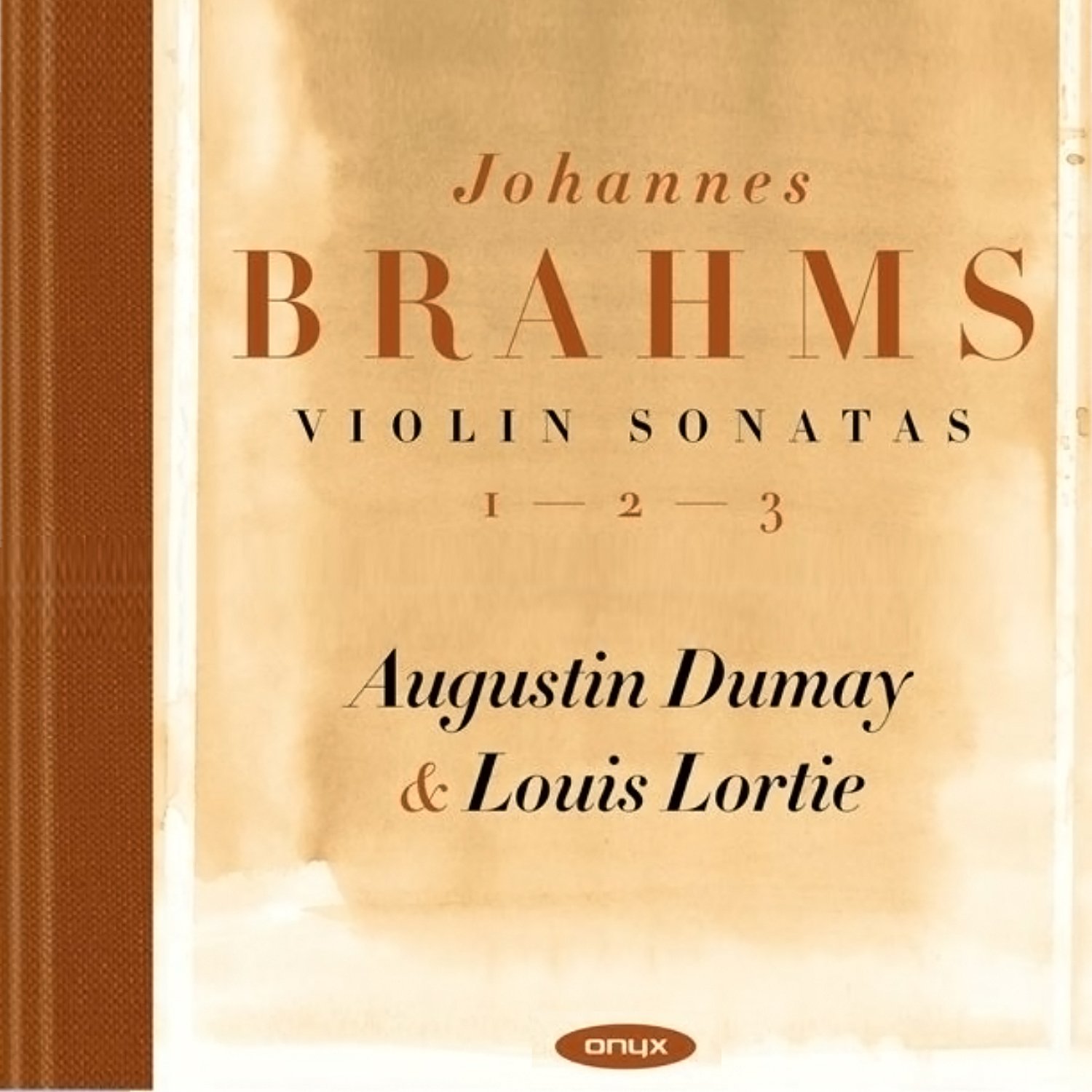
Felix Mendelssohn: Van Baerle Trio (Hannes Minnaar (piano), Maria Milstein (violin), Gideon den Herder (violoncello)
Piano Trio No. 1 in D minor, Op. 49 (early and late versions)
Piano Trio No. 2 in C minor, Op. 66
When I listen to any piano trio I always get especially excited as I spent many years of my life working away at these pieces. I was going to make a totally unverified claim here that Mendelssohn must hold the record for most notes per piece (for the pianist) but now that I think about it I suppose most of the great composers (Beethoven, Brahms, Schumann, Rachmaninov etc) excelled at using many notes but the degree of difficulty wasn't always the number of notes to contend with.
Beethoven seemed to know what he wanted and somehow, whether it was possible on a piano or not, it didn't matter, he would force you to find a way to comply. Brahms is a handful too. Usual very thick and full of complicated polyrhythms and huge chords. I find Beethoven and Brahms very hard physically to play (and you can include in here Bach and possibly Rachmaninov for other reasons). Sort of like playing the music of giants.
Haydn, Mendelssohn, Debussy, Shostakovich, Prokofiev and the like I never found it hard physically in the same way but it is hard in other ways.
Mendelssohn for instance is characterized by light playing but at idiotically and dementedly fast playing. The opening allegros and the third movement scherzos and the Finale Allegros are quite simply are speedy gonzales on steroids. So you don't really have to go deep into the keys like with the composers whose last names start with B. With Mendelssohn you almost just gloss over the notes because you really don't have time for anything else and you better get to know some good page turners as you really do need them.
Very exhilarating to play though as all your senses have to go in to overdrive to keep up with such a frenzy of activity. By the end you feel relieved that you somehow made it even if you are out of breath.
The beauty of Mendelssohn though is that no one can quite build a climax like he can. It never ceases to amaze me how personal the music of the great composers are. It is the naked truth and the notes these guys put down on paper reaches the depths of their soul and personality through and through and of course if we finds the keys we can go meet with them on a very personal level.

Doug, I have been looking for a first recording of the Mendelssohn trios for a while now - I'd almost settled on either the Gould Trio (on Champs Hill) or the Florestan Trio (Hyperion) but your post led me to go with Minnaar & co.
Thanks,
EJ
Gentlemen,
I haven't done the like for like comparison... But so far I have always liked the playing of Trio Wanderer on different Trio Pieces. This version is relatively cheap on Qobuz as well.

Felix Mendelssohn: Van Baerle Trio (Hannes Minnaar (piano), Maria Milstein (violin), Gideon den Herder (violoncello)
Piano Trio No. 1 in D minor, Op. 49 (early and late versions)
Piano Trio No. 2 in C minor, Op. 66
When I listen to any piano trio I always get especially excited as I spent many years of my life working away at these pieces. I was going to make a totally unverified claim here that Mendelssohn must hold the record for most notes per piece (for the pianist) but now that I think about it I suppose most of the great composers (Beethoven, Brahms, Schumann, Rachmaninov etc) excelled at using many notes but the degree of difficulty wasn't always the number of notes to contend with.
Beethoven seemed to know what he wanted and somehow, whether it was possible on a piano or not, it didn't matter, he would force you to find a way to comply. Brahms is a handful too. Usual very thick and full of complicated polyrhythms and huge chords. I find Beethoven and Brahms very hard physically to play (and you can include in here Bach and possibly Rachmaninov for other reasons). Sort of like playing the music of giants.
Haydn, Mendelssohn, Debussy, Shostakovich, Prokofiev and the like I never found it hard physically in the same way but it is hard in other ways.
Mendelssohn for instance is characterized by light playing but at idiotically and dementedly fast playing. The opening allegros and the third movement scherzos and the Finale Allegros are quite simply are speedy gonzales on steroids. So you don't really have to go deep into the keys like with the composers whose last names start with B. With Mendelssohn you almost just gloss over the notes because you really don't have time for anything else and you better get to know some good page turners as you really do need them.
Very exhilarating to play though as all your senses have to go in to overdrive to keep up with such a frenzy of activity. By the end you feel relieved that you somehow made it even if you are out of breath.
The beauty of Mendelssohn though is that no one can quite build a climax like he can. It never ceases to amaze me how personal the music of the great composers are. It is the naked truth and the notes these guys put down on paper reaches the depths of their soul and personality through and through and of course if we finds the keys we can go meet with them on a very personal level.

Doug, I have been looking for a first recording of the Mendelssohn trios for a while now - I'd almost settled on either the Gould Trio (on Champs Hill) or the Florestan Trio (Hyperion) but your post led me to go with Minnaar & co.
Thanks,
EJ
Gentlemen,
I haven't done the like for like comparison... But so far I have always liked the playing of Trio Wanderer on different Trio Pieces. This version is relatively cheap on Qobuz as well.

Hi Bert, two things that the Wanderer don't have: 1) Maria Milstein's smile, and 2) SACD. I'm building up a collection of SACDs fully expecting that, economic conditions permitting, my next purchase will be one of those old fashioned SACD players.
EJ
Refreshing sound - via Bandcamp...
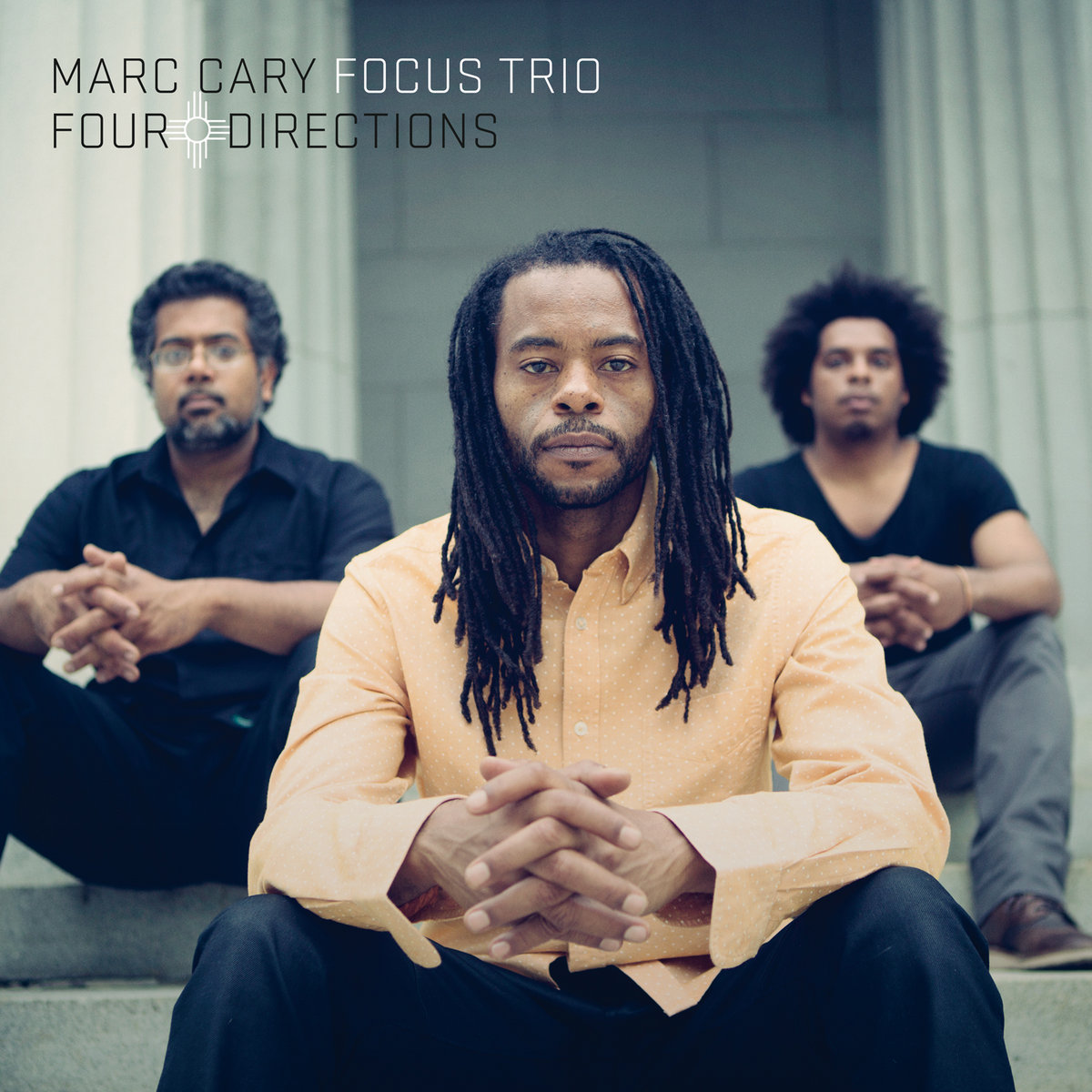
Steve Hackett 'Genesis Revisited 2', currently immersed in the brilliant Supper's Ready, climbing up to the plateau of green grass. Human bacon.
On Bandcamp... as well a good album..
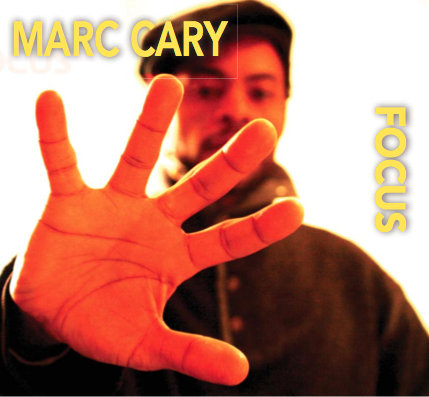

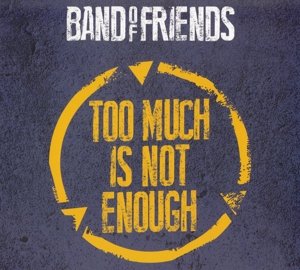
Still loving this after their great gig at The Boderline a couple of weeks ago
